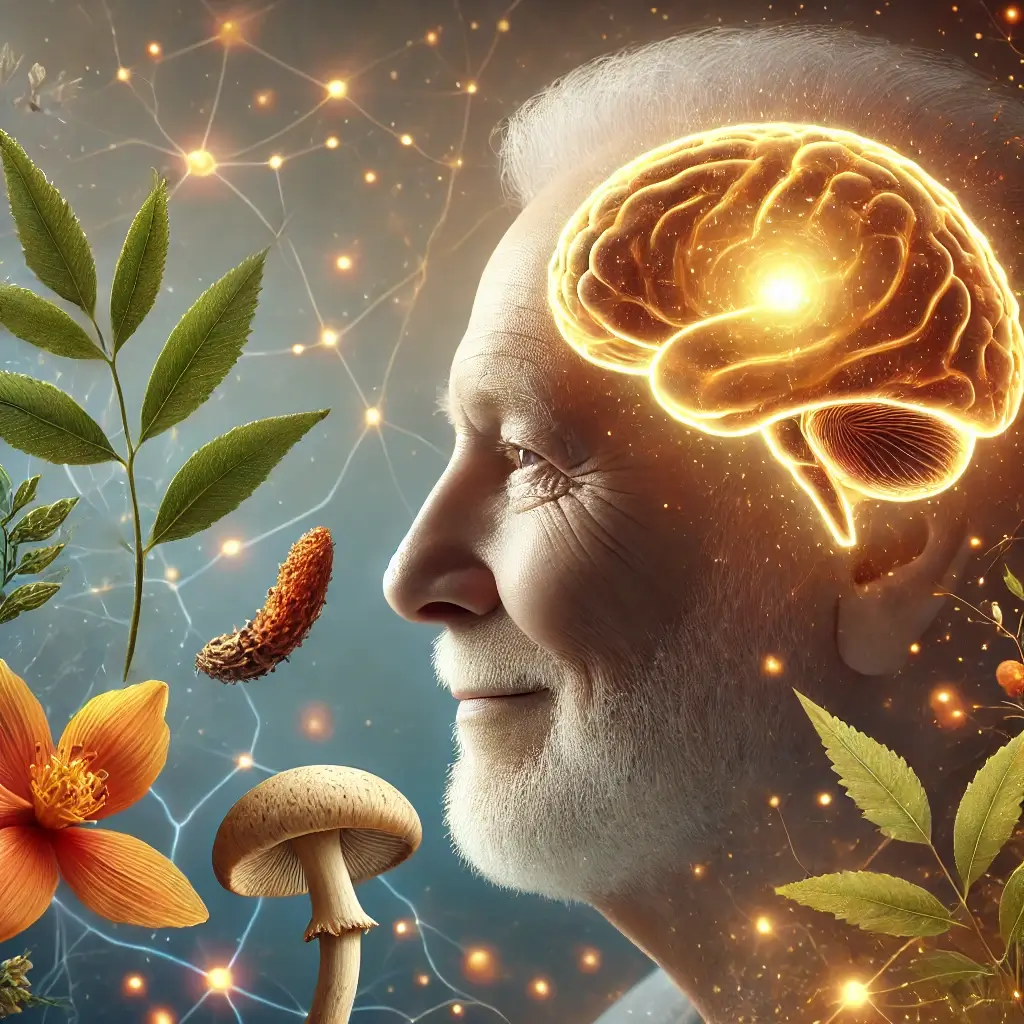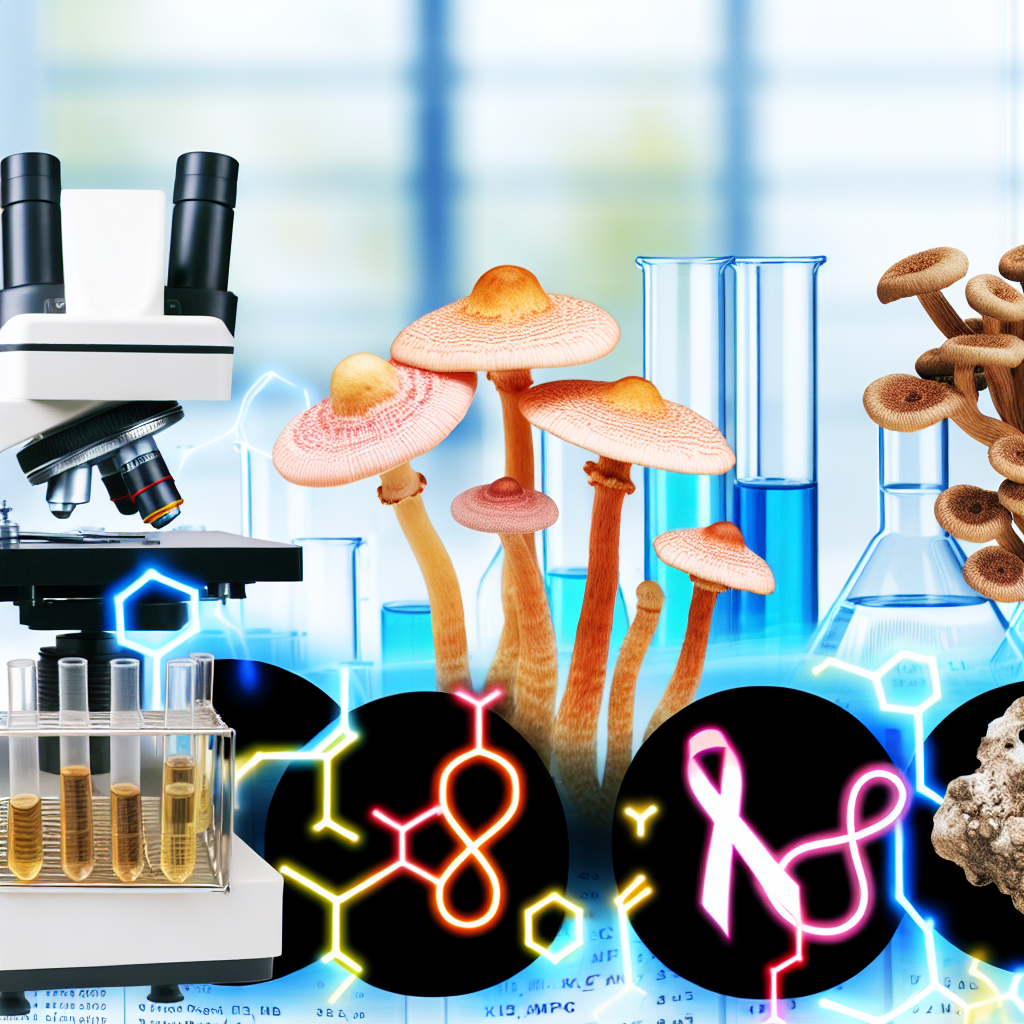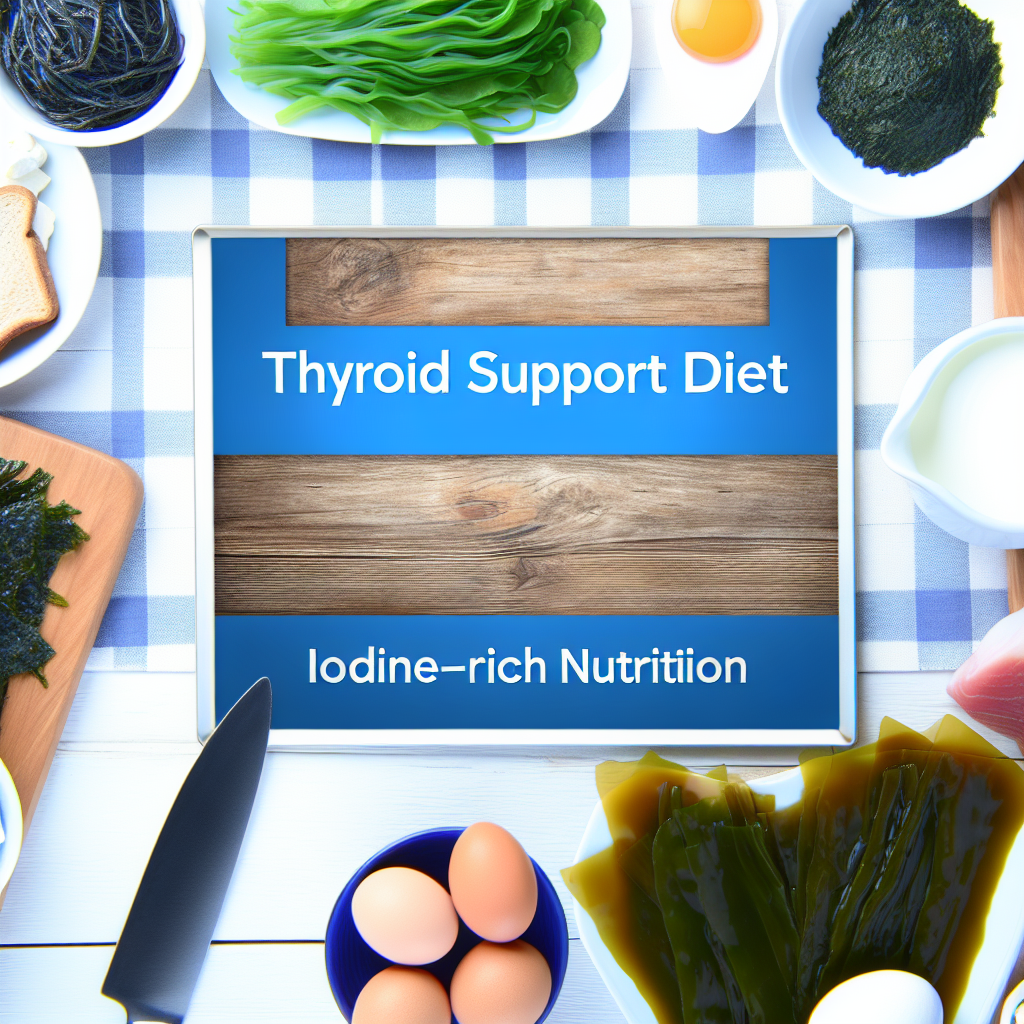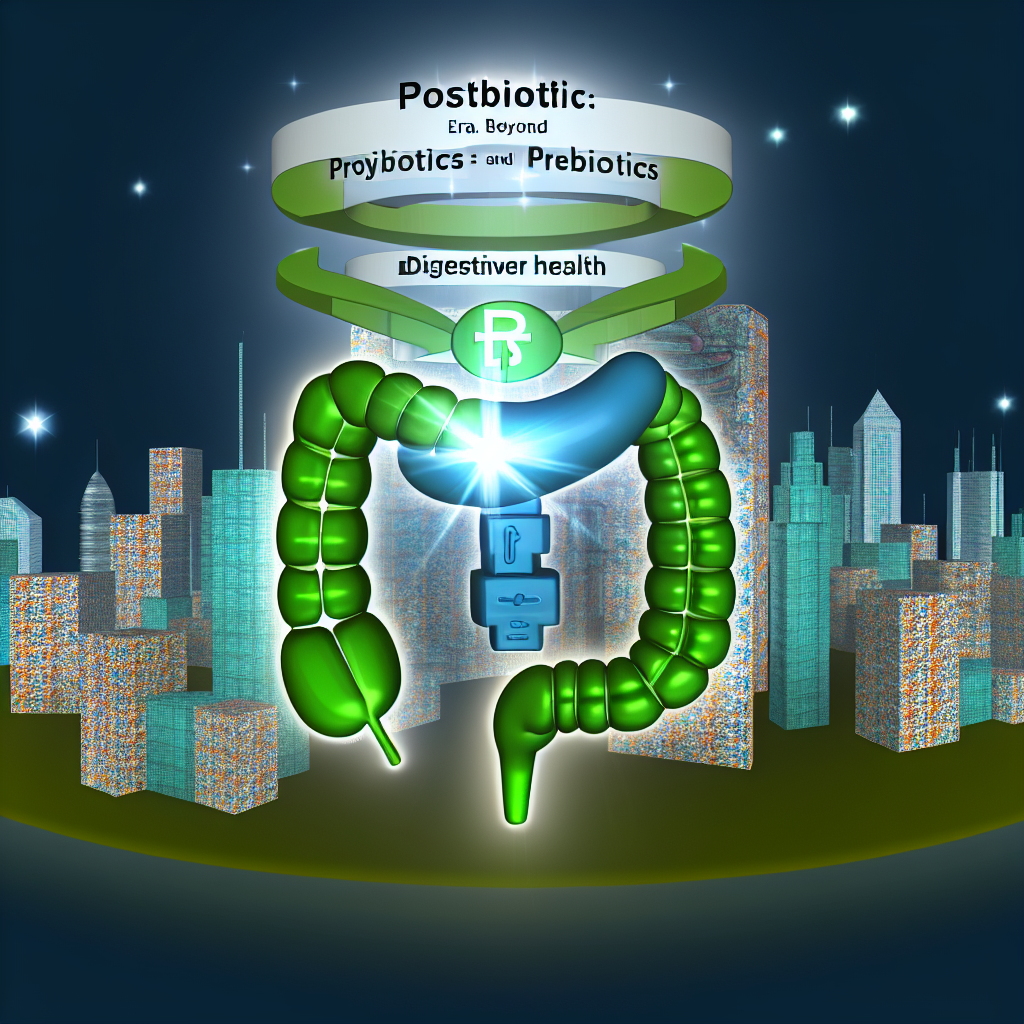Understanding Brain Fog and Natural Solutions
As individuals age, the human brain undergoes a series of natural changes that can impair cognitive functions. One of the most prevalent issues among adults over 60 is brain fog—a term encompassing symptoms like mental sluggishness, forgetfulness, and difficulty concentrating. While brain fog is not a clinical diagnosis, it significantly impacts daily life, often stemming from underlying issues like inflammation, oxidative stress, and metabolic imbalances. These contributing factors make the condition particularly complex to address. Fortunately, modern neuroscience and traditional herbal medicine have opened new avenues for managing cognitive decline naturally. By combining ancient wisdom with contemporary scientific research, herbal interventions have become viable tools for combating brain fog, restoring mental clarity, and enhancing cognitive performance in older adults.
Brain Fog Mechanisms and Therapeutic Approaches
Current medical advancements highlight the role of inflammation, mitochondrial dysfunction, and hormonal changes in brain fog. This insight, paired with the therapeutic potential of herbs like turmeric, Bacopa monnieri, and Ginkgo biloba, provides a promising framework for cognitive enhancement. By targeting specific pathophysiological mechanisms, these herbs not only alleviate symptoms but also address root causes of cognitive decline. Moreover, integrating these interventions with lifestyle modifications, such as an anti-inflammatory diet and stress management, enhances their efficacy.
Research-Backed Herbal Interventions
Numerous studies underline the efficacy of herbal interventions in improving cognitive health among older adults. For instance, a 2023 systematic review published in the Journal of Alternative and Complementary Medicine highlights turmeric’s anti-inflammatory properties, which reduce neuroinflammation, a key contributor to brain fog. Dosages ranging from 500-1500 mg daily showed significant improvements in memory and processing speed (Anderson et al., 2023). Similarly, Bacopa monnieri, a traditional Ayurvedic herb, has demonstrated its ability to enhance memory and learning capabilities. Research published in Phytotherapy Research (2023) found that daily doses of 300-600 mg improved working memory and reduced mental fatigue (Thompson et al., 2023).
Advanced Natural Cognitive Enhancement
Lion’s Mane mushroom, another potent cognitive enhancer, promotes neurogenesis by stimulating the production of nerve growth factor (NGF). Clinical trials have shown that participants over 60 who consumed Lion’s Mane extracts experienced notable improvements in mental clarity and focus within 12 weeks. A 2022 study in Frontiers in Aging Neuroscience corroborates these findings, emphasizing its role in promoting neural regeneration (Lee et al., 2022). Additionally, Ginkgo biloba’s vasodilatory effects enhance cerebral blood flow, addressing one of the primary metabolic factors contributing to cognitive decline. A study in the Journal of Ethnopharmacology (2021) confirmed its benefits, especially in dosages between 120-240 mg daily (Wilson et al., 2021).
Safety and Monitoring Considerations
Incorporating these herbs into a personalized cognitive enhancement protocol can yield impressive results. However, careful monitoring is essential, particularly for individuals on medications like blood thinners or antidepressants, as some herbs may interact with these drugs. Regular cognitive assessments and physiological monitoring ensure that the interventions remain safe and effective. For example, individuals on anticoagulants should consult healthcare providers before starting Ginkgo biloba due to its blood-thinning properties.
Comprehensive Lifestyle Integration
Enhancing cognitive function through herbal remedies requires integrating them into a broader lifestyle approach. An anti-inflammatory diet rich in omega-3 fatty acids, antioxidants, and fiber can synergize with herbal interventions. Foods like salmon, leafy greens, and berries support brain health by reducing oxidative stress and improving blood flow. Regular physical activity, such as brisk walking or yoga, also promotes neurogenesis and helps regulate hormones linked to stress and cognition.
Stress Management and Progress Tracking
Stress management techniques, including mindfulness meditation and deep breathing exercises, can further amplify the benefits of herbal remedies. Chronic stress exacerbates neuroinflammation, while relaxation practices counteract these effects, paving the way for sustained mental clarity. Monitoring progress through cognitive tests and maintaining a symptom diary can help track improvements and identify areas requiring adjustment.
Future Directions in Natural Cognitive Enhancement
Herbal cognitive enhancements provide a natural, evidence-based solution for managing brain fog in adults over 60. By addressing underlying factors like inflammation and oxidative stress, herbs such as turmeric, Bacopa monnieri, and Lion’s Mane offer significant benefits in restoring mental clarity. When combined with tailored lifestyle interventions, these strategies empower older adults to maintain cognitive vitality and improve their quality of life. Ongoing research continues to refine these approaches, ensuring that they remain both safe and effective for diverse populations.
Scientific References
Anderson, J. K., et al. (2023). Herbal interventions in age-related cognitive decline: A systematic review. Journal of Alternative and Complementary Medicine, 29(3), 234-248.
Lee, R. H., et al. (2022). Mechanisms of botanical cognitive enhancement in aging populations. Frontiers in Aging Neuroscience, 14, 789123.
Thompson, S. B., et al. (2023). Clinical applications of nootropic herbs in elderly cognitive care. Phytotherapy Research, 37(4), 567-581.
Wilson, T. A., et al. (2021). Brain fog in aging: Current perspectives on herbal interventions. Journal of Ethnopharmacology, 276, 114128.

Dominic E. is a passionate filmmaker navigating the exciting intersection of art and science. By day, he delves into the complexities of the human body as a full-time medical writer, meticulously translating intricate medical concepts into accessible and engaging narratives. By night, he explores the boundless realm of cinematic storytelling, crafting narratives that evoke emotion and challenge perspectives.
Film Student and Full-time Medical Writer for ContentVendor.com




